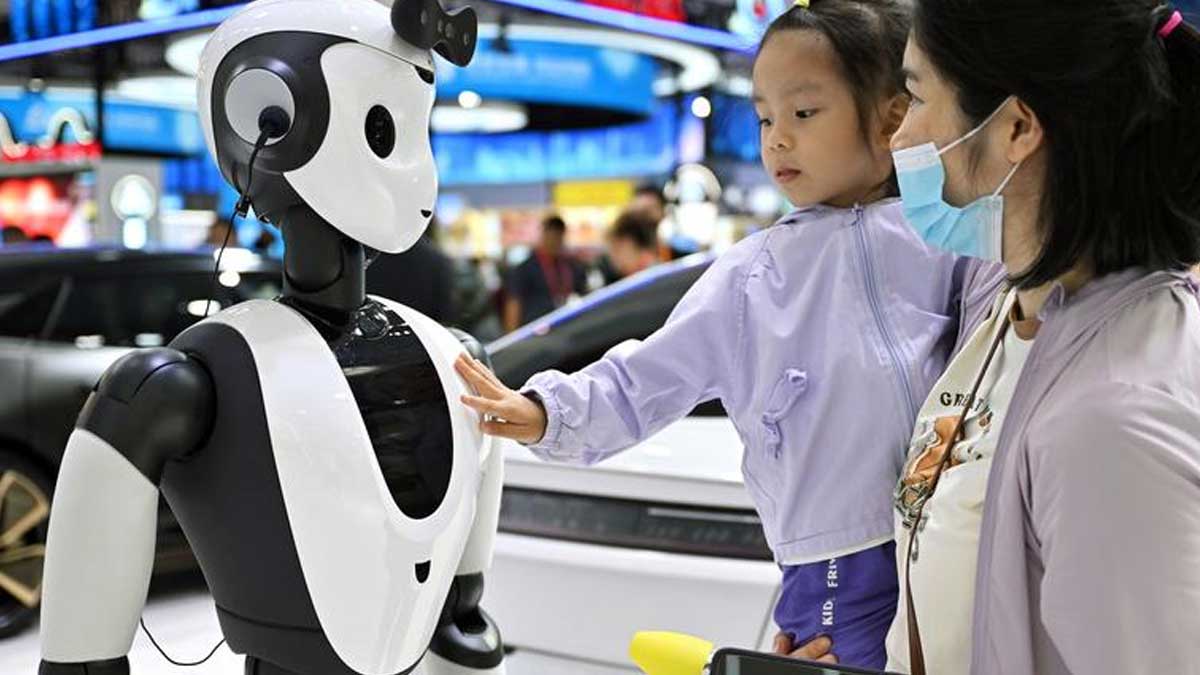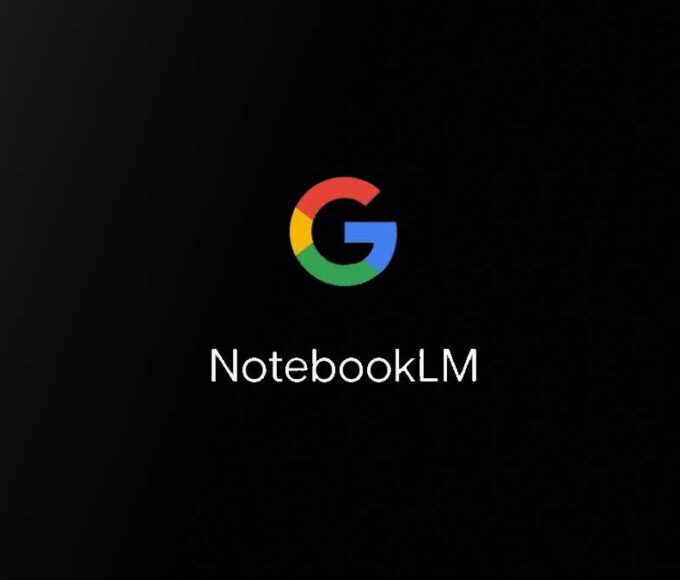- Home
- Billionaires
- Investing Newsletters
- 193CC 1000
- Article Layout 2
- Article Layout 3
- Article Layout 4
- Article Layout 5
- Article Layout 6
- Article Layout 7
- Article Layout 8
- Article Layout 9
- Article Layout 10
- Article Layout 11
- Article Layout 12
- Article Layout 13
- Article Layout 14
- Article Sidebar
- Post Format
- pages
- Archive Layouts
- Post Gallery
- Post Video Background
- Post Review
- Sponsored Post
- Leadership
- Business
- Money
- Small Business
- Innovation
- Shop
Recent Posts
China Tops Global AI Patents, But Is It Winning the AI Race?

China has taken a commanding lead in the global competition for generative AI patents, outpacing other nations, including the United States, according to a recent United Nations report released on Thursday. Since 2014, China has filed over 38,000 patents related to generative AI technologies, as reported by the World Intellectual Property Organization (WIPO). This puts China far ahead of other countries, which are striving to gain a strategic advantage in the rapidly evolving AI sector.
Generative AI refers to artificial intelligence systems capable of creating various types of content—text, images, videos, and sound—in response to prompts. Notable examples include chatbots such as OpenAI’s ChatGPT and Anthropic’s Claude, image generators like Adobe’s Firefly, and scientific tools like MIT’s protein structure AI, FrameDiff, and Google DeepMind’s AlphaFold.
China’s dominance in patent filings is significant, with the country responsible for 70% of the more than 50,000 generative AI patents filed globally over the past decade. The United States trails significantly with around 6,300 patents, followed by South Korea (4,155), Japan (3,409), and India (1,350). The U.K. (714), Germany (708), Canada (549), and Israel (311) are further behind in the rankings.
However, the sheer number of patents does not fully capture the scope of innovation and impact, according to Van Anh Le, an assistant professor of intellectual property law at Durham University. Le cautions that the volume of patents may not reflect their quality or significance. Many patents could represent minor enhancements rather than groundbreaking advancements. Le emphasizes the importance of considering other factors beyond patent numbers. “The quantity of patents does not necessarily reflect their quality or the impact of the innovations,” Le explains. To gain a comprehensive understanding of AI innovation, one should also look at indicators such as startup activity and the commercialization rate of patents. In these areas, the U.S. continues to show a robust innovation environment, with many emerging AI startups contributing to a dynamic ecosystem.
Chinese tech giants dominate the global landscape for generative AI patents. Tencent, Ping An Insurance Group, and Baidu lead the field, each holding significantly more patents than other global contenders. According to WIPO, Chinese entities occupy six of the top ten spots for generative AI patents, with the Chinese Academy of Sciences being the only research organization in the top ten. IBM ranks fifth globally, holding the most patents among U.S. companies.
Generative AI patents currently constitute only 6% of the total global AI patents, but their number has been increasing rapidly. In 2023 alone, over a quarter of all generative AI patents were filed. The field has seen accelerated growth, with video and image data making up the majority of these patents. Generative AI technologies have potential applications across various sectors, including drug design, customer service chatbots, product design, and autonomous driving. The life sciences sector, in particular, is expected to experience significant changes due to the rapid growth of patents related to molecular, gene, and protein data.
Interest in generative AI has surged, especially following the release of OpenAI’s ChatGPT in 2022, which spurred a global race in AI development. McKinsey projects that the generative AI economy could add up to $4.4 trillion annually to the global economy, highlighting the financial and strategic importance of controlling key innovations.
Despite China’s leading position in patent filings, Le notes that various factors could influence these numbers. China’s high patent volume might be partly attributed to different national policies and practices, such as state subsidies and tax benefits, which can encourage patent filings that may not always correspond to genuine innovations. Additionally, patent applications might be driven by other motivations, including securing government jobs or boosting personal reputations. In summary, while China leads in generative AI patents, this metric alone does not necessarily reflect the overall state of global AI innovation or determine the ultimate winner in the AI race.
Recent Posts
Categories
- 193cc Digital Assets2
- 5G1
- Aerospace & Defense45
- AI33
- Arts3
- Banking & Insurance11
- Big Data3
- Billionaires308
- Boats & Planes1
- Business315
- Careers13
- Cars & Bikes74
- CEO Network1
- CFO Network17
- CHRO Network1
- CIO Network1
- Cloud10
- CMO Network18
- Commercial Real Estate7
- Consultant1
- Consumer Tech171
- CxO1
- Cybersecurity59
- Dining1
- Diversity, Equity & Inclusion4
- Education7
- Energy8
- Enterprise Tech29
- Events11
- Fintech1
- Food & Drink2
- Franchises1
- Freelance1
- Future Of Work2
- Games141
- GIG1
- Healthcare77
- Hollywood & Entertainment175
- Houses1
- Innovation41
- Investing2
- Investing Newsletters4
- Leadership65
- Lifestyle11
- Manufacturing1
- Markets20
- Media189
- Mobile phone1
- Money13
- Personal Finance2
- Policy554
- Real Estate1
- Research6
- Retail1
- Retirement1
- Small Business1
- SportsMoney30
- Style & Beauty1
- Success Income1
- Taxes2
- Travel10
- Uncategorized8
- Vices1
- Watches & Jewelry2
- world's billionaires278
Related Articles
NotebookLM: AI Transforming Text Analysis Like Excel
Microsoft Excel is a globally recognized tool, synonymous with data analysis and...
By 193cc Agency CouncilNovember 29, 2024OpenAI’s New Search Engine Takes Aim at Google
OpenAI has officially launched a new artificial intelligence-powered search engine integrated into...
By 193cc Agency CouncilOctober 31, 2024Elon Musk’s xAI Seeks $40 Billion Valuation in New Funding Round
Elon Musk’s artificial intelligence company, xAI, is reportedly in discussions with investors...
By 193cc Agency CouncilOctober 30, 2024ChatGPT’s Voice: Redefining Accessibility in Education
On October 4, I had the remarkable opportunity to join hundreds of...
By 193cc Agency CouncilOctober 5, 2024















Leave a comment